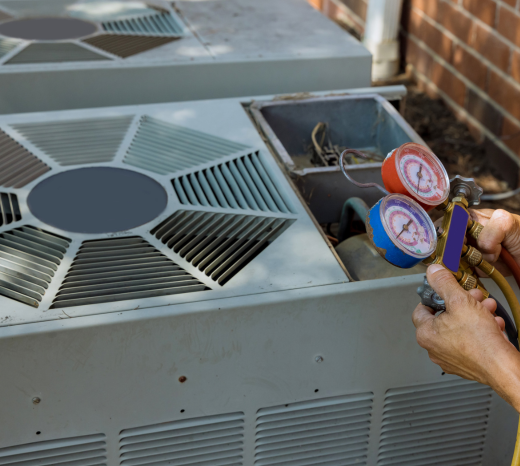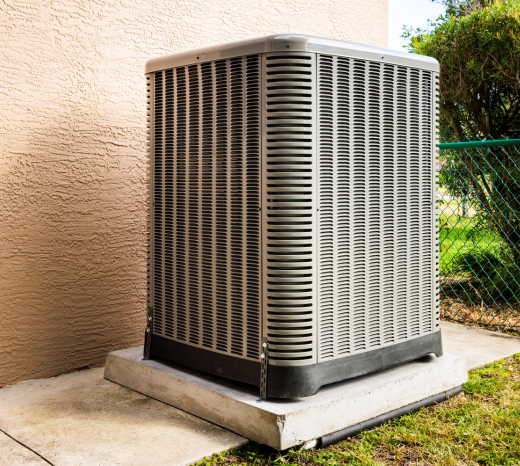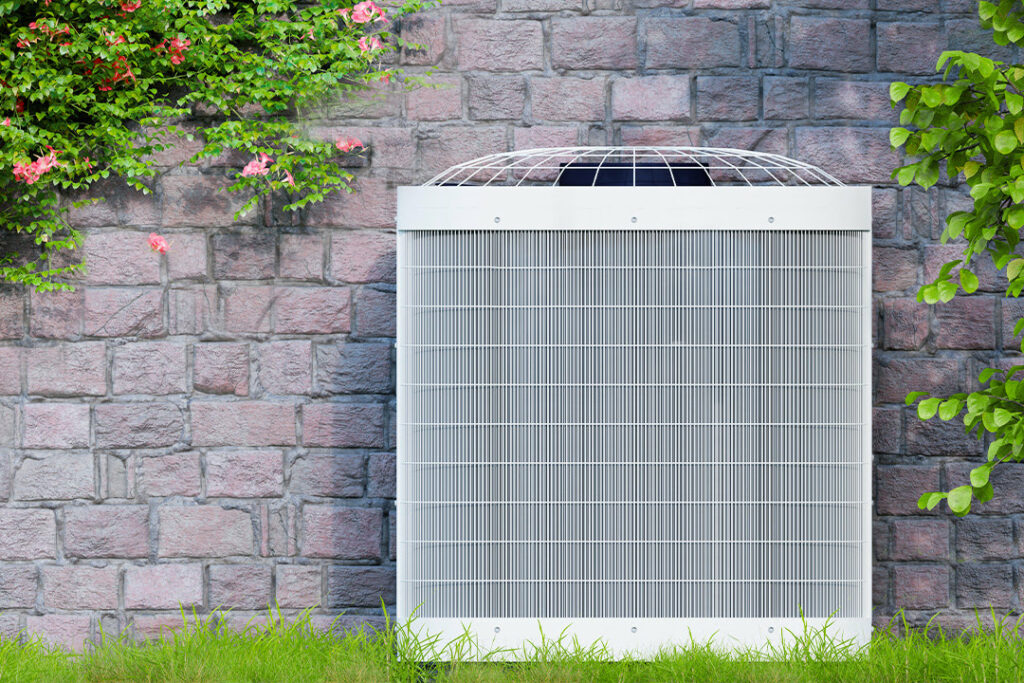Air Conditioning in Waterloo and Listowel, Furnace maintenance in Waterloo and Listowel, Indoor Air Quality Testing Waterloo and Listowel
All sorts of furnace filters are available on the market, but which is the best one for improving indoor air quality (IAQ)? For many homeowners in On...
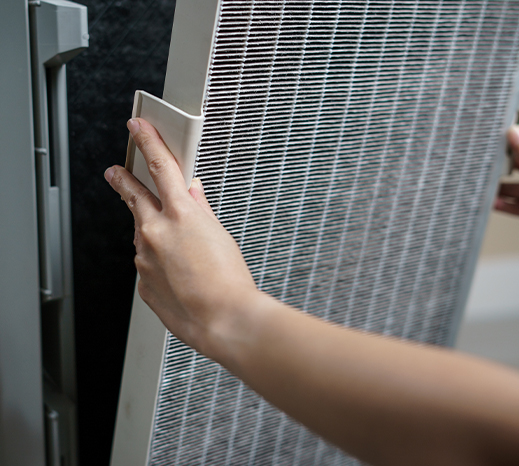
All sorts of furnace filters are available on the market, but which is the best one for improving indoor air quality (IAQ)? For many homeowners in Ontario, both central heating and cooling utilize the same air filtering system. If this describes your home's HVAC system, it's safe to assume your furnace filter is compatible with air conditioning too.
In this post, we’ll take a look at the different types of furnace filters and their benefits. We’ll also discuss which type of furnace filter is the best at stopping particles from entering your home's airways.
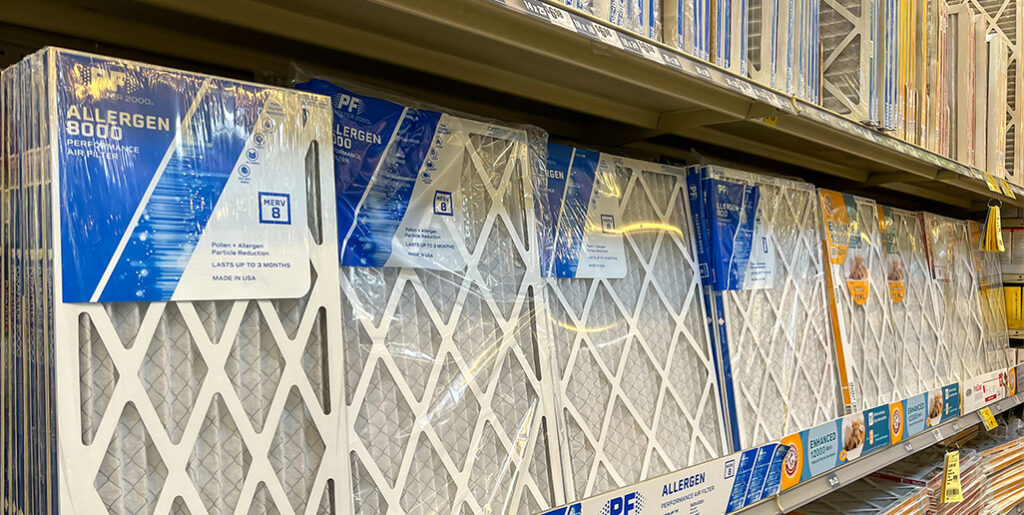
What Types of Residential Furnace Filters Are There?
Most air filters have the same purpose—to remove impurities from an air supply. Each type of filter does this with different levels of effectiveness. The most common types of furnace filters are pleated air filters, disposable fibreglass HVAC filters, activated carbon filters, permanent reusable filters, and HEPA filters.
Pleated Air Filters
Pleated air filters are the most common type of furnace filter. They are made of pleated paper or fabric and can be used in both furnace and air conditioner systems. Pleated air filters effectively at trapping dust, pollen, and other airborne particles.
Disposable Fibreglass HVAC Filters
Disposable fibreglass HVAC filters are made of a fine mesh of fibreglass. They are designed to be used in furnace and air conditioner systems. Disposable fibreglass HVAC filters are considered a budget option with minimal filtering capabilities.
Permanent Reusable
This type of filter can be washed and reused. They are more expensive and require regular cleaning but can last up to 5 years. Reusable furnace filters come in a variety of options with a range of performance.
Activated Carbon Filters
Activated carbon filters are made of charcoal that has been treated with oxygen. These filters are designed to remove odours and chemicals from the air. Activated carbon filters are often used in commercial buildings but can also be used in homes.
HEPA Filters
HEPA stands for high-efficiency particulate air (filters), and they are the most efficient type of furnace filter. They are made of tightly woven fibres that trap tiny particles, including bacteria and viruses. Like all air filters, HEPA filters must be replaced periodically because they can become clogged.
How to Choose the Right Filter for Your Needs
Now that you understand the different furnace filters available, you can begin narrowing down your choices. The first step is to understand MERV ratings. MERV stands for Minimum Efficiency Reporting Value, a measure of how effective a furnace filter is at trapping particles. The higher the MERV rating, the more efficient the filter. MERV ratings are measured from 1-20 for residential central heating and cooling systems.
However, it’s important to note that furnace filters with high MERV ratings can also restrict airflow. This can cause your furnace to work harder and use more energy. But the flipside is better-filtered breathing air inside your home. It's also essential to choose a furnace filter with a high MERV rating that is compatible with your furnace.
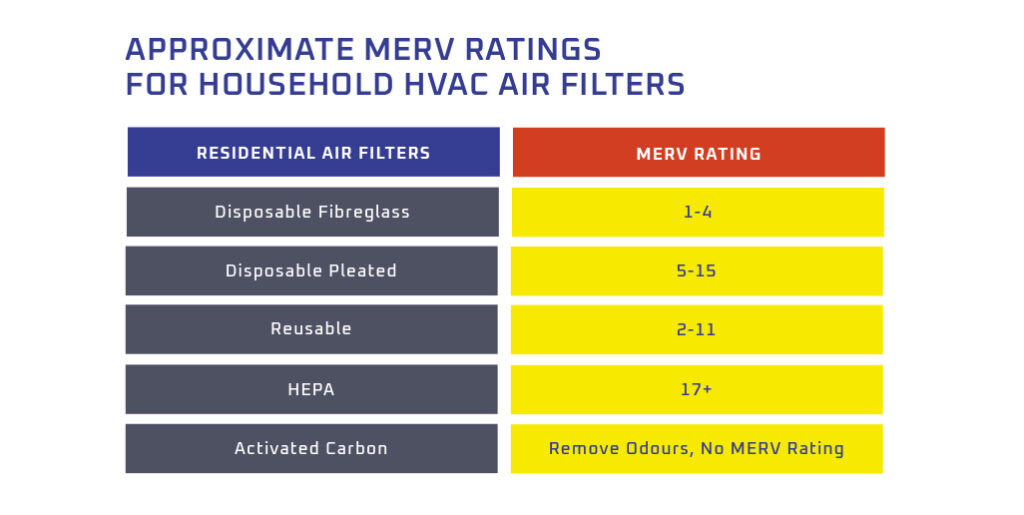
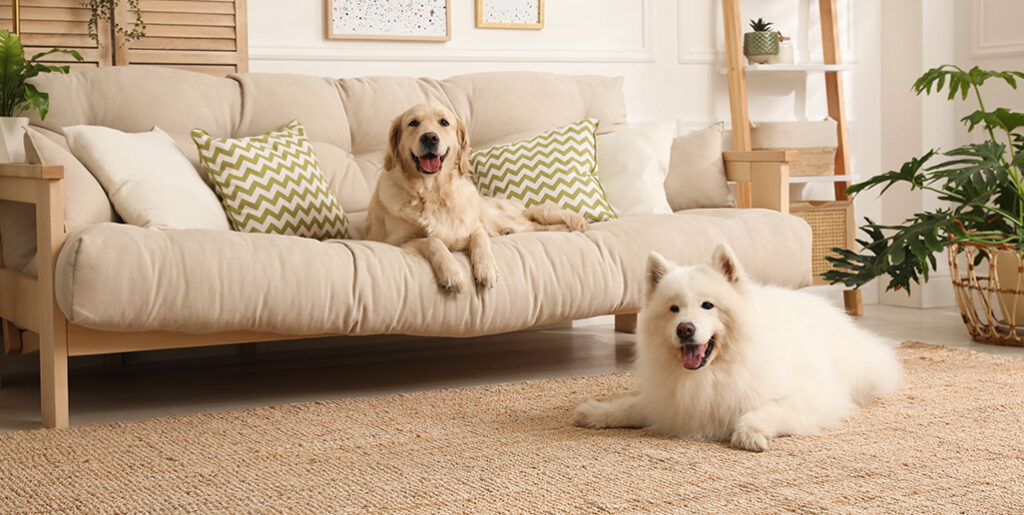
What Type of Filter Do I Need?
With so many filters on the market for central heating and cooling systems, selecting the best one for your home can be tough. Here are a few questions you should ask yourself before making your decision:
- What size and model of furnace do you have?
- Do you or your family have allergies or other air sensitivities?
- Do you own any pets?
- Are there other factors that make your home’s air supply especially dusty or dirty? (such as construction or smoky climates)
- What is your air filter budget?
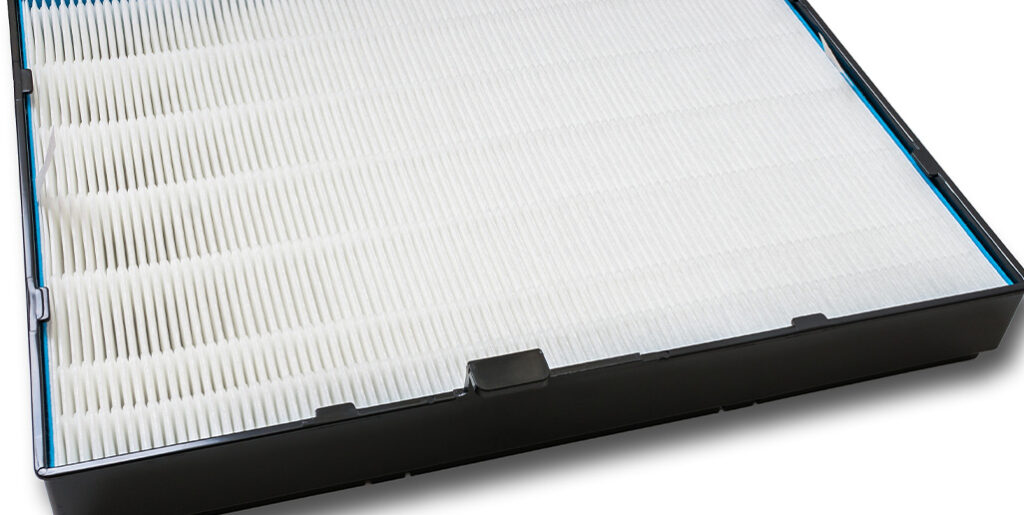
The Benefits of a HEPA Air Filter
So, we know that HEPA filters have the highest MERV rating and are typically the best at keeping indoor air clean. HEPA furnace filters are the most efficient and can remove 99.97% of particles from the air. This includes dust, pollen, bacteria, viruses, and more.
So what's the downside? Despite their superior performance in improving IAQ, HEPA filters have a couple of challenges:
- They are more expensive than other HVAC air filters.
- Not all HVAC systems (heating and cooling) are compatible with HEPA air filters.
An HVAC specialist can investigate your home heating system and recommend an air filter that covers your air quality needs and is compatible with your HVAC equipment.
Helping Your Filter Work It's Best
Choosing the best furnace filter for your needs can be a daunting task. But don't worry, we're here to help. We've explained the different types of furnace filters available and which one is best for improving indoor air quality. We've also given you tips on choosing the right filter for your needs. And finally, we talked about the benefits of using a HEPA furnace filter in your home.
Your HVAC air filter will only do its job if it is cleaned or replaced regularly. Make sure to replace disposable air filters every 3 months and to clean reusable HVAC filters.
Combining filters with a high MERV rating with a UV air purifier is one way to breathe even cleaner air inside your home. Regular HVAC maintenance and annual duct cleanings are other ways to improve indoor air quality.
Keeping your IAQ at peak levels is one thing Cross Heating & Air is familiar with. Call us to help choose the best HVAC air filters for your home comfort.

